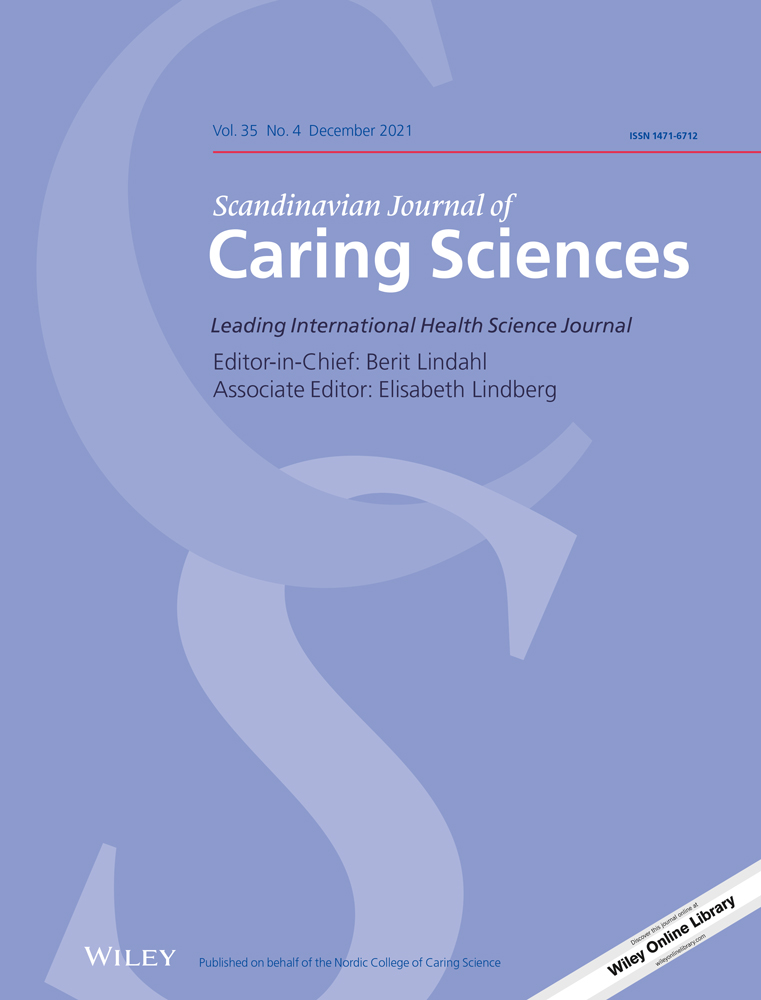Evolution of lived experience of dementia caregivers after a psycho-educational group: an interpretative phenomenological analysis
Abstract
The ‘Help and Support for Caregivers and Patients’ psycho-education group aims to educate and support dementia caregivers. Fourteen spousal caregivers were interviewed before (T1) and after (T2) psycho-education participation. Intrapersonal processes and the potential evolution of lived experience were explored using longitudinal interpretative phenomenological analysis. Three trajectory groups were identified at T1: proactive help-seekers, passive but hopeful caregivers and ambivalent caregivers. T2 interviews revealed that caregivers experienced growth in their role, benefitted from peer interactions, feelings of guilt were addressed and they were using out-of-home dementia-specific services. Identifying beliefs or attitudes that might prevent caregivers from getting help or support is important. Caregiver well-being remains a public health priority and furthering our knowledge about their complex and changing needs is paramount to provide well-designed and tailored resources.
Conflict of interest
J-C Bier is a member on the medical council of the Erasmus hospital and of the scientific council for Alzheimer Belgique ASBL, recipient of the Malou Malou prize from the Fondation Roi Baudouin for the realisation of the ‘Help and Support for Caregivers and Patients’ programme. The other authors report no conflict of interest.




